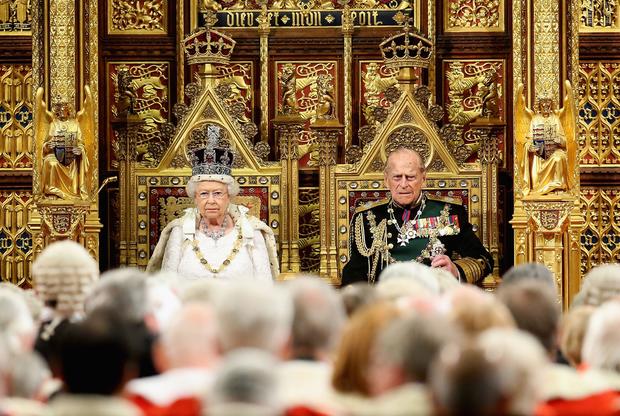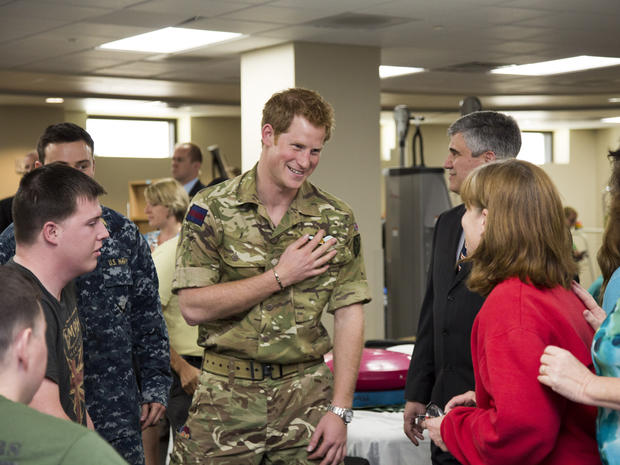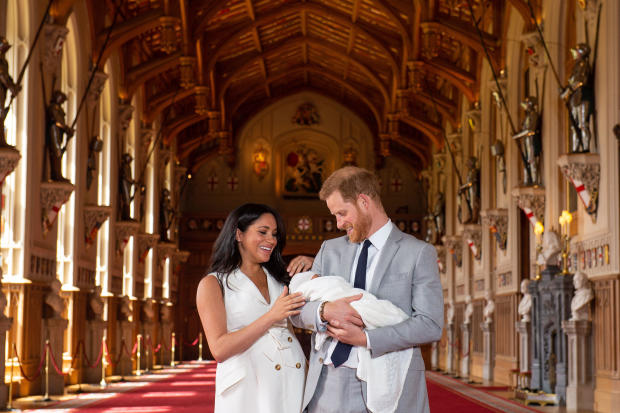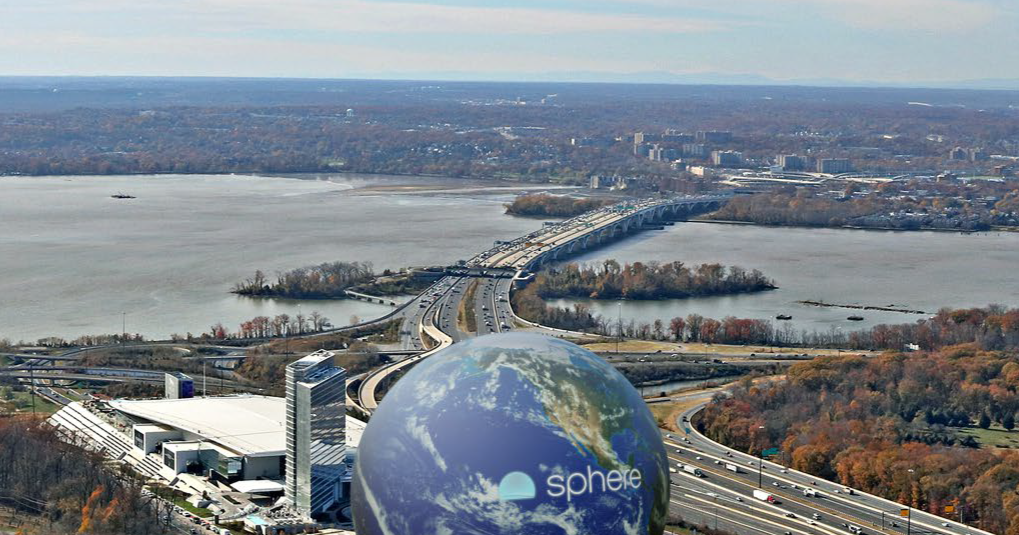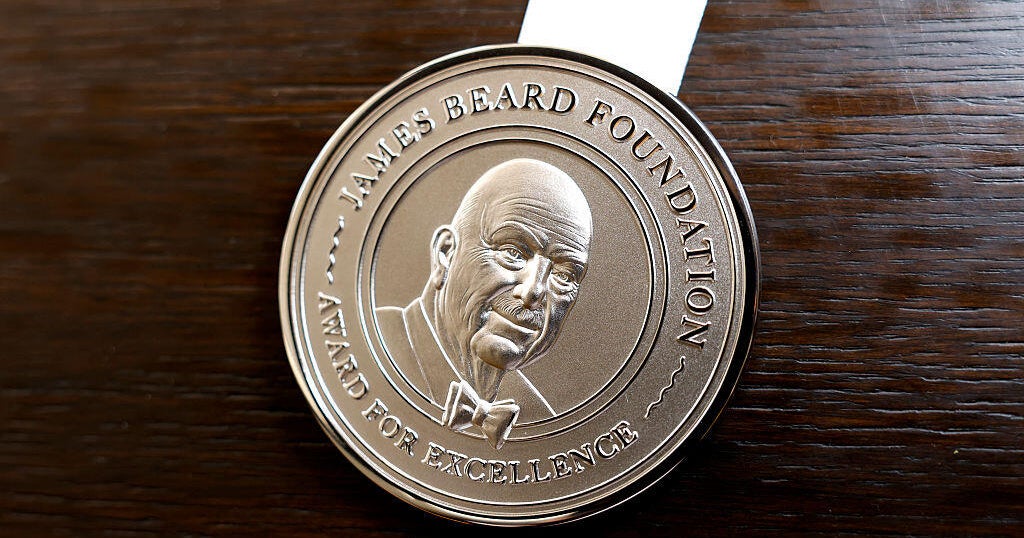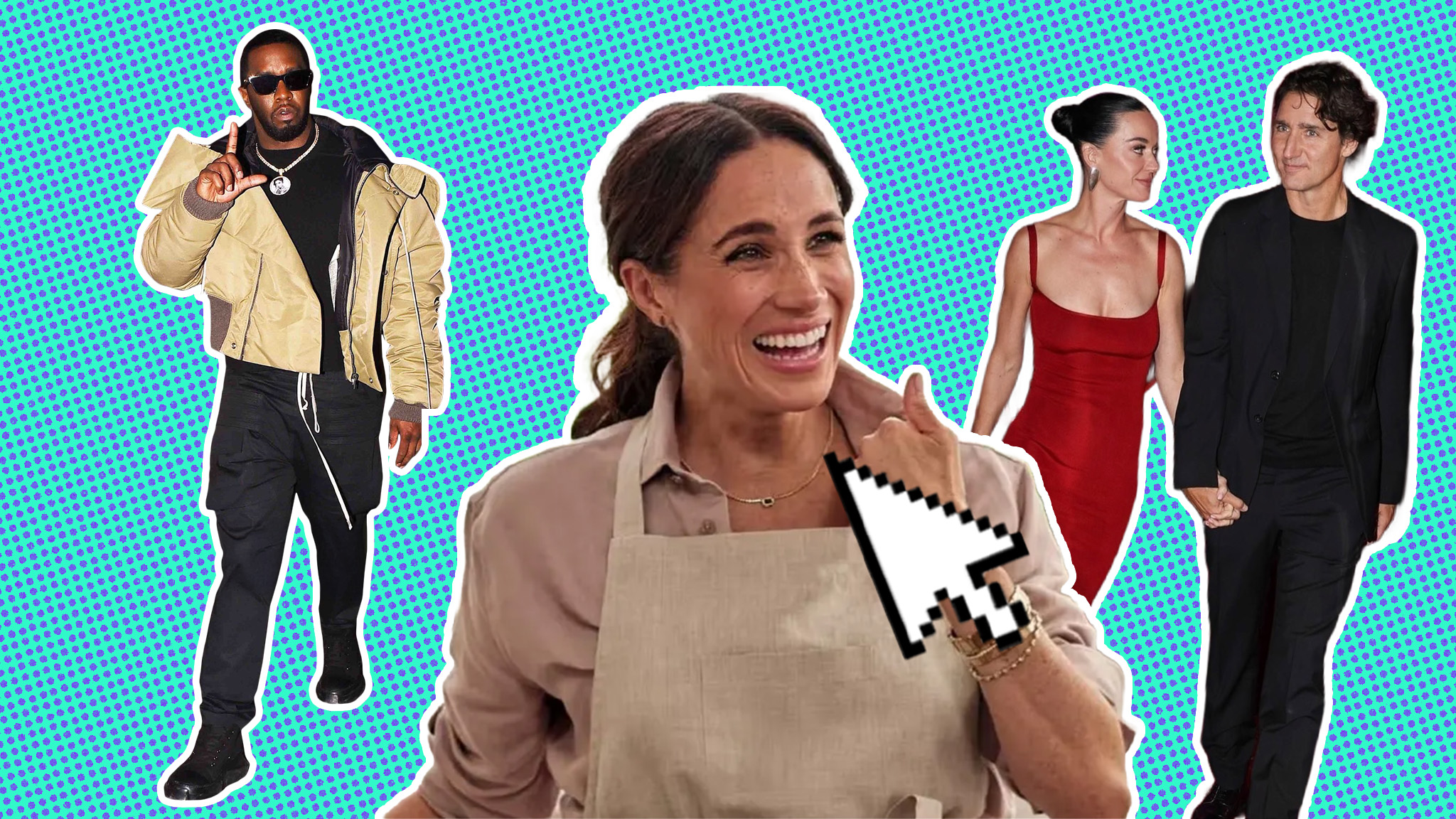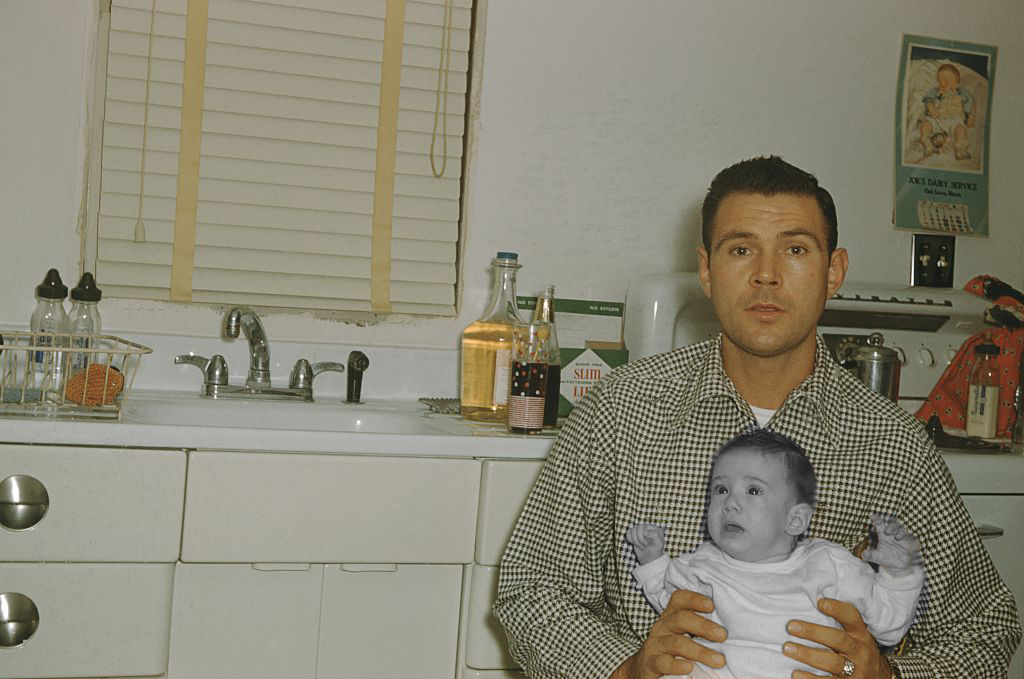Who knew Mountbatten-Windsor is — kind of — the British royal family's last name?
Spectators eagerly awaiting news about the royal baby got a bit of a surprise Wednesday as his name was revealed. While bookmakers put the best odds on Prince Harry and Meghan naming a son Alexander, Spencer or Arthur, the couple went with Archie Harrison Mountbatten-Windsor instead. The last name left many people scratching their heads.
The Duke and Duchess of Sussex announced the name in a brief statement Wednesday, shortly after making their first public appearance with their newborn son at Windsor Castle. Perhaps more intriguing than the polarizing first name "Archie" is the last name "Mountbatten-Windsor." The royals rarely go by their surname — and most people don't even know what it is.
Even the royals know it's all a bit mystifying. "People often ask whether members of the Royal Family have a surname, and, if so, what it is," their official website reads. "Members of the Royal Family can be known both by the name of the Royal house, and by a surname, which are not always the same. And often they do not use a surname at all."
Up until 1917, British royals didn't really have last names. Monarchs have typically been known by their first name and the country where they ruled. British kings and queens in history have been associated with dynasties with different names, such as Henry IV and the Lancastrians; Edward IV and the Yorkists; and Henry VII and the Tudors, the site explains.
It wasn't until Queen Elizabeth's great-grandfather, George V, settled on Windsor as his dynasty's name that the royals started using it as their official surname.
However, in 1960, Queen Elizabeth and her husband, Prince Phillip, Duke of Edinburgh, decided to distinguish themselves from past royals. So they started using a hyphenated surname: Mountbatten-Windsor. Prince Phillip, who was the prince of Greece and Denmark before marrying Queen Elizabeth, abandoned those titles and adopted the surname Mountbatten from his maternal grandparents.
So the queen's children and grandchildren may use Mountbatten-Windsor as a surname – when they need to. Royals don't really have much use for last names; they already have long enough titles, like Prince Harry, Duke of Sussex and his big brother Prince William, Duke of Cambridge.
However, if Prince Charles or later Prince William wanted to change the surname from Mountbatten-Windsor when they become king, they could. Their children and grandchildren would use whatever surname they chose, the royal family's website explains.
To complicate things even more, members of the royal family may go by completely different last names in certain public situations, such as when Prince Harry was in the army.
At the time, he was known as Prince Harry of Wales. (He didn't get the title Duke of Sussex until his wedding day.) In the military, he went by Officer Cadet Wales, with Wales effectively serving as his last name when he needed one.
Now that Harry is Duke of Sussex, his son would presumably go by Officer Cadet Sussex if he followed in his father's footsteps and joined the army.
Other royals have adopted this method of creating a surname when they're in public situations that require one. For example, Prince George of Cambridge — the oldest son of Prince William and Catherine, Duchess of Cambridge (the former Kate Middleton) — is known as George Cambridge at school, The Guardian reports. Prince George was not given any last name when his birth was announced.
As for baby Archie's middle name — Harrison — it is not after his father, Harry. Prince Harry's real first name is actually Henry, to make things even more complicated. For now, the mystery of Archie's first and middle name still remains.

